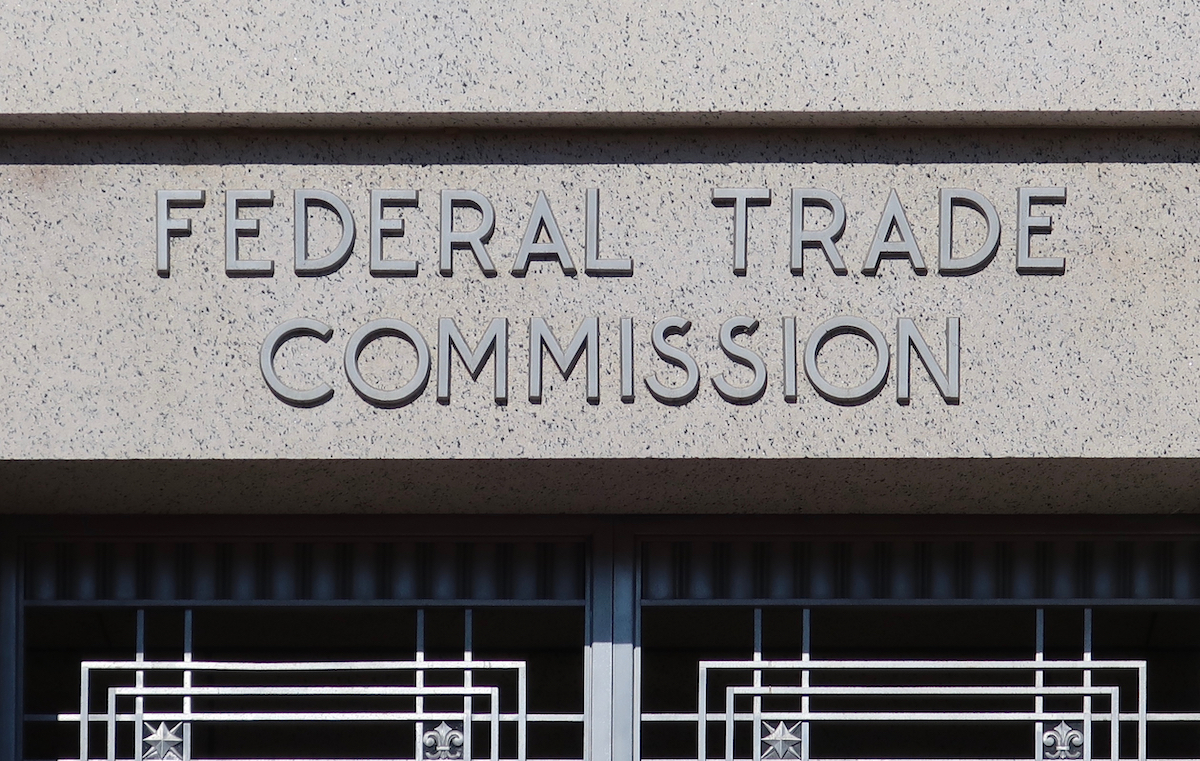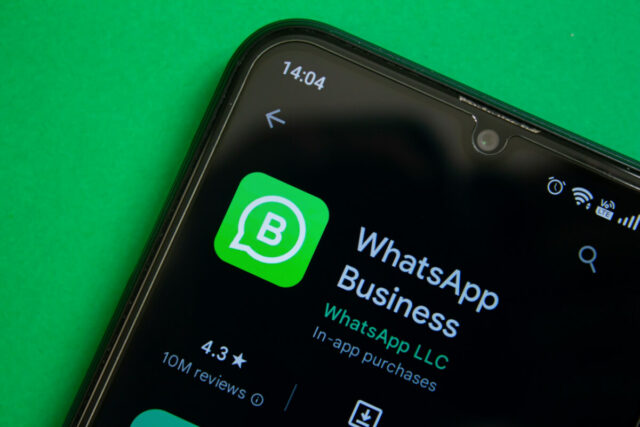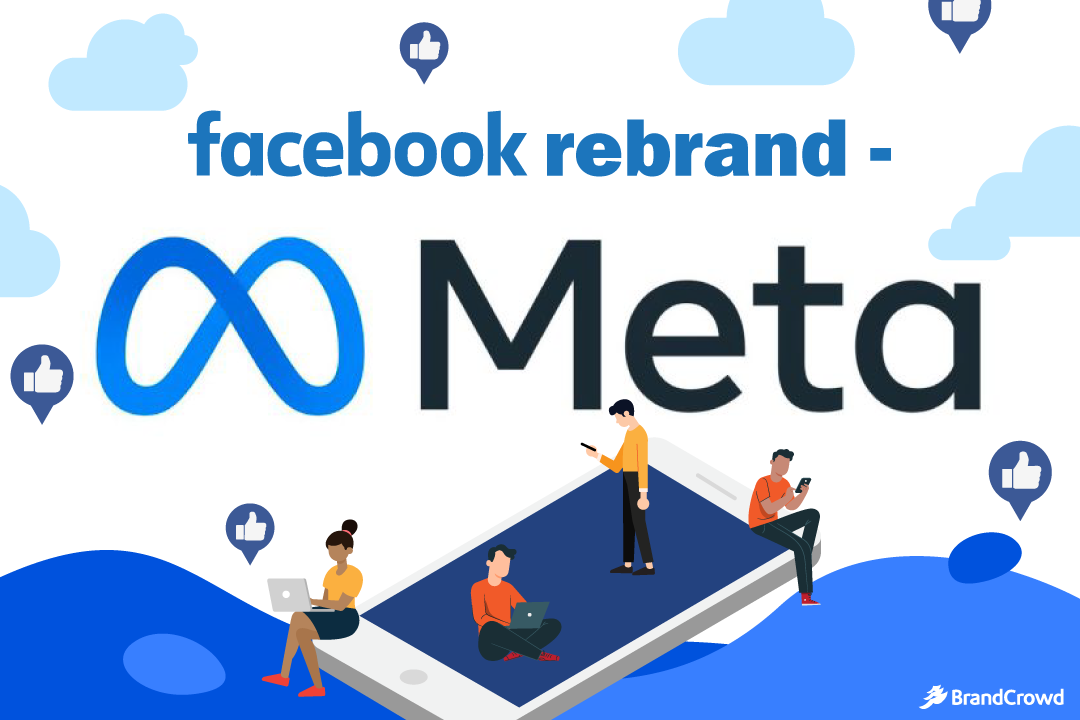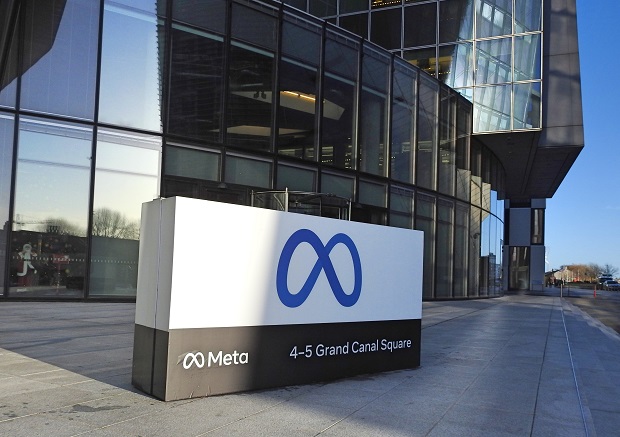Meta Platforms Inc. (formerly Facebook) is gearing up for a high-stakes trial scheduled for April 14, 2024, where it will face off against the U.S. Federal Trade Commission (FTC) in a legal battle that could have profound implications for its business strategy, acquisitions, and the future of antitrust law in the tech industry. The trial centers on the FTC’s claims that Meta’s acquisitions of Instagram in 2012 and WhatsApp in 2014 were part of a strategic move to eliminate competition and maintain its monopoly in the social media space.
Here's ads banner inside a post

The allegations are rooted in antitrust concerns that Meta used its dominant position in the market to buy up emerging threats before they could become significant competitors. The FTC contends that Meta paid inflated prices for both Instagram and WhatsApp, not to build upon them as independent platforms, but to neutralize potential competition in the social networking and messaging sectors. At the heart of the case is the accusation that these acquisitions were anticompetitive and should be undone, with Instagram and WhatsApp potentially facing forced divestitures.

Here's ads banner inside a post
The FTC’s Case Against Meta
The FTC’s lawsuit, which was filed in 2020 under the Trump administration, asserts that Meta’s conduct stifled innovation and harmed consumers by eliminating competitive threats. The agency claims that Facebook, as the dominant player in the social media ecosystem, sought to consolidate its power further by absorbing companies that were emerging as competitors. Instagram, which at the time of its purchase was a fast-growing social media platform with a unique focus on photo-sharing, posed a direct challenge to Facebook’s own photo-sharing capabilities. WhatsApp, the leading messaging app, was seen as an existential threat to Facebook Messenger, Meta’s messaging platform.

In its complaint, the FTC argues that Meta’s motive for these acquisitions was to reduce competition rather than to build upon Instagram and WhatsApp’s potential. This type of anti-competitive behavior is at the heart of antitrust concerns. According to the Commission, these deals were not simply business moves but calculated attempts to eliminate nascent competition in order to preserve Meta’s monopoly in the social networking space.
Here's ads banner inside a post

Meta, for its part, denies the allegations, arguing that the acquisitions were in line with the company’s growth strategy and were beneficial to consumers. The company contends that Instagram and WhatsApp flourished under its ownership, and that the acquisitions allowed Meta to build stronger, more diversified services that met the evolving needs of users. Furthermore, Meta argues that the FTC’s case is based on a narrow and outdated definition of social media markets that fails to account for newer competitors such as ByteDance’s TikTok and other platforms like YouTube and LinkedIn, owned by Alphabet and Microsoft, respectively.
Judge James Boasberg’s Ruling
The case has attracted considerable attention, not just because of the scale of the companies involved, but also due to the broader implications for antitrust law. In November 2023, U.S. District Judge James Boasberg made a crucial ruling that advanced the case to trial. He rejected Meta’s argument that the lawsuit should be dismissed, stating that the FTC’s claims were sufficiently grounded to proceed to court. Meta had argued that the FTC’s focus on Facebook, Instagram, and WhatsApp failed to adequately consider the competition posed by other platforms like TikTok, YouTube, and LinkedIn, which had become significant players in the digital landscape since the acquisitions took place.

In his ruling, Judge Boasberg acknowledged that the evolving nature of the tech industry posed challenges to defining the market, particularly given the rise of newer platforms that offer different kinds of services. However, he made it clear that the FTC’s case was not without merit and warranted further scrutiny in court. “Time and technological change pose serious challenges,” Boasberg noted, but ultimately, the lawsuit had enough substance to proceed. He also cautioned that the FTC would face difficult questions during the trial about whether it could prove its claims against Meta.

Despite these hurdles, the FTC’s pursuit of the case indicates the agency’s growing determination to take on large tech firms. Under the leadership of Chairwoman Lina Khan, the FTC has adopted a more aggressive stance in antitrust enforcement, particularly against Big Tech. The agency has been scrutinizing various mergers and acquisitions within the tech industry, arguing that the increasing consolidation of power is detrimental to competition and consumer welfare.

Meta’s Defense Strategy
Meta, which rebranded from Facebook to Meta in 2021 to reflect its shift toward the metaverse and away from traditional social media, is likely to mount a vigorous defense during the trial. One of its main arguments is that the FTC’s view of the social media market is too narrow and outdated. Meta will likely point to the rise of competing platforms such as TikTok, YouTube, and X (formerly Twitter), arguing that the competitive landscape has evolved significantly since it acquired Instagram and WhatsApp.

Furthermore, Meta will likely argue that the acquisitions were not intended to quash competition but to enable Instagram and WhatsApp to scale and innovate more effectively, benefiting consumers. The company will emphasize the significant investments it made in both platforms, which have since flourished under its ownership. Instagram has grown into one of the most popular social media platforms in the world, while WhatsApp is a leading messaging app used by billions globally. Meta’s lawyers will argue that these acquisitions helped preserve competition in the digital ecosystem rather than undermine it.

Meta may also argue that unwinding these mergers would disrupt the services that millions of users rely on. Instagram and WhatsApp are deeply integrated into Meta’s broader ecosystem, and separating them could lead to significant technical and operational challenges. This could also have broader implications for the stability of the social media industry, as the forced breakup of Meta’s acquisitions might set a precedent that could be applied to other high-profile mergers in the tech world.
The Broader Implications for Antitrust and Big Tech
This case is not only important for Meta but also for the broader tech industry. If the FTC is successful in its efforts to unwind the Instagram and WhatsApp mergers, it could signal a shift in how antitrust laws are applied to big tech companies. The case could redefine how regulators approach mergers and acquisitions in the technology sector, particularly when it comes to companies with significant market power like Meta.

The trial also has significant implications for future acquisitions in the tech world. A ruling against Meta could lead to increased scrutiny of mergers and acquisitions within the industry, as regulators may become more proactive in challenging deals they believe could stifle competition. This could result in a more cautious approach to mergers among tech giants, who may now face greater legal hurdles when attempting to acquire competitors or emerging companies in the space.
For Meta, the case is a reminder of the increasing regulatory pressure facing large tech companies, particularly in the United States and Europe. Antitrust scrutiny is becoming more common for big tech firms, as governments and regulators seek to rein in their market power and ensure a level playing field for competitors.
The Future of Antitrust in the Tech Industry: A Pivotal Moment for Meta
The FTC’s case against Meta is set to be one of the most significant antitrust trials in recent years. With a trial date set for April 14, 2024, the tech world is bracing for what could be a landmark case that reshapes the regulatory landscape for big tech companies. If Meta is forced to divest Instagram and WhatsApp, it could have far-reaching consequences for the company’s business model and strategy. More broadly, the trial could mark a turning point in how regulators approach mergers and acquisitions in the rapidly evolving tech industry, with the potential to redefine what constitutes fair competition in the digital age. As the trial approaches, all eyes will be on the courtroom, where the future of Meta and the broader tech industry could be at stake.


